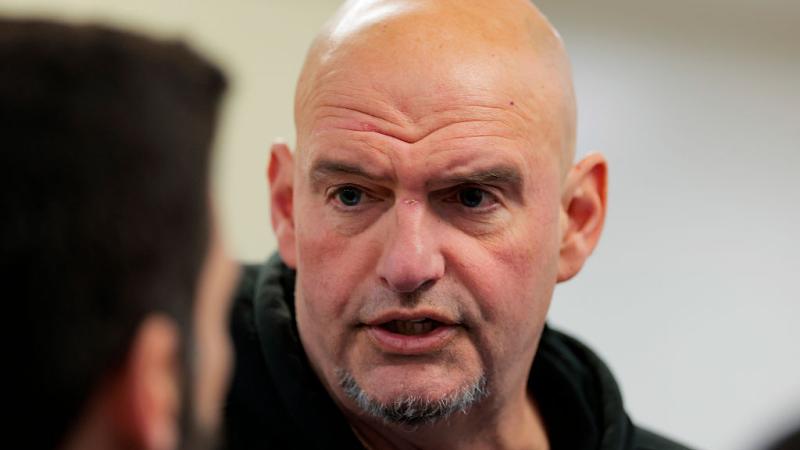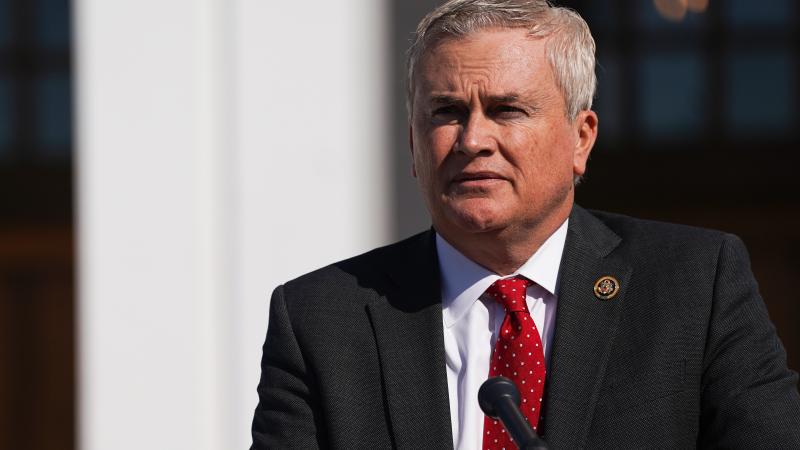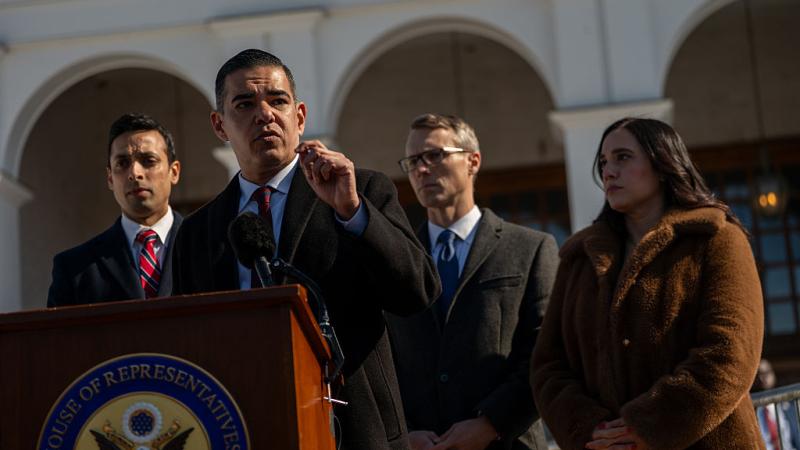Democrat says voter ID rules in election bill up for negotiation: 'Can't always get what you want'
The Democrats' For the People Act permits individuals to present a signed statement in lieu of a photo ID to cast a ballot in a federal election.
Texas Democratic Rep. Lloyd Doggett said the voter ID provisions in the For the People Act, the Democrats' election reform bill, are a topic up for negotiation with Republicans.
"It may be one of those areas that there needs to be some area of compromise," Doggett said after participating in a press conference with Texas Democrats who fled the state in protest of voting legislation the GOP proposed. "I have always opposed voter ID because I think it discriminates particularly against seniors. I know my late mother for many years didn't have a valid ID, but they knew her at the grocery store to cash her checks.
"I think it's a barrier to some people being able to vote, and I don't approve of it, but it's one of those things, I think, in being pragmatic, we need to give on if necessary in order to get uniform standards on voting rights and stopping partisan gerrymandering," he added.
The Democrats' For the People Act permits individuals to present a statement "signed by the individual under penalty of perjury, attesting to the individual's identity and attesting that the individual is eligible to vote in the election" as a substitute for a photo identification to vote in federal elections.
"You need to, you can't always get what you want, as the Stones say, but you get what you need," Doggett said. "We need uniform voting standards."
The For the People Act would require Super PACs to publicly disclose their donors, and the federal government would "match small donations (up to $200) to participating congressional candidates at a 6-1 ratio." The legislation also makes Election Day a holiday for federal employees and prohibits states from imposing any restrictions on a voter's ability to cast mail-in ballots. Prior to the pandemic, many states required voters to provide an excuse to obtain an absentee ballot or vote early in-person.
The legislation also creates a nonpartisan redistricting commission, and it requires automatic voter registration with an opt-out provision for individuals.
Republicans have said that they oppose the bill because it would federalize the electoral process as opposed to continuing to allow states to run elections, as prescribed in the Constitution.
The bill passed in the Democrat-led House but has stalled in the 50-50 Senate.
















